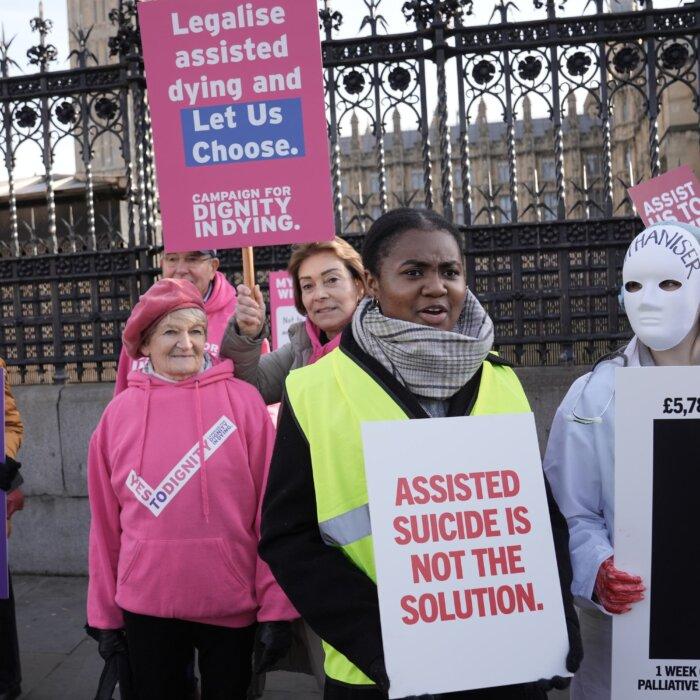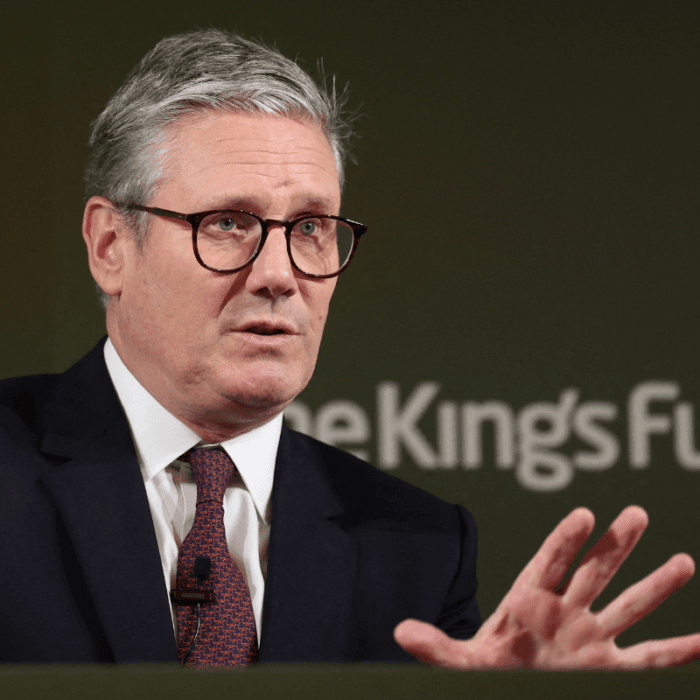Hospice UK, which represents more than 200 hospices across the country, said on Wednesday that urgent funding is needed to prevent further cuts.
The closures, which represent 14 percent of the hospice sector’s 2,200-bed capacity in England, have added strain to an already pressured healthcare system, the survey found.
With 300 beds either fully de-registered or taken out of operation, it accounts for around 110,000 lost days and nights of care.
Hospice UK has called on the Department of Health and Social Care (DHSC) to provide £110 million in emergency funding to stabilize the sector and prevent further cuts.
“This worrying survey lays bare just how much more hospices could do if the long-term systemic challenges they face, like funding and staffing, were resolved,” said Annette Alcock, director of programmes at Hospice UK.
Hospices provide vital end-of-life and palliative care for patients and their families while reducing the burden on the NHS. Hospice UK said that inadequate funding and a lack of alignment with NHS pay structures have placed severe limits on the sector.
The recent increase in employer national insurance contributions has exacerbated financial pressures, described by Hospice UK as a “kick in the teeth for a sector already on its knees.”
Elinor Eustace, chief executive officer at St. Giles Hospice in Lichfield said it had to reduce inpatient beds from 23 to 15 in recent months.
Cost of Care
Hospice care in the UK is free at the point of use but largely relies on charitable funding, with only one-third of its £1.6 billion annual cost covered by government contributions.Hospices raise the remaining £1.1 billion themselves, unlike NHS palliative and end-of-life care, which is fully state-funded.
In England, most government funding for hospices is provided through Integrated Care Boards, which plan health services and commission palliative care for their local areas.
Some hospices also receive additional funding from local authorities for specific services, such as domiciliary care.
Labour has pledged to integrate health and care services to improve treatment. It said it would bring services, such as palliative care, under one roof in trial neighbourhood health centres.
“Hospice care is not only fantastic for patients and families, it relieves huge pressure on the NHS too. The government is rightly intent on shifting more care out of the hospital into the community, and hospices are here to do exactly that for patients approaching the end of their life,” said Alcock.
She warned that the current hospice funding structure is restrictive, acting as a cap on what they can deliver to patients.
“If the government can act in both the short and long term to resolve these problems, these figures are clear evidence that hospices can do a lot more for patients, and a lot more for the NHS,” Alcock said.
Prime Minister Sir Keir Starmer is expected to announce funding plans for hospice care before Christmas. However, Hospice UK warned that support for the sector must go beyond “simply compensating for the tax rise.”
A DHSC spokesperson has defended the government’s decisions in the Budget and said they allowed ministers to investment £26 billion in the NHS.
“We are working to make sure everyone has access to high-quality end-of-life care. We are looking at how we can support hospices next year to ensure they are sustainable,” the spokesperson said.







